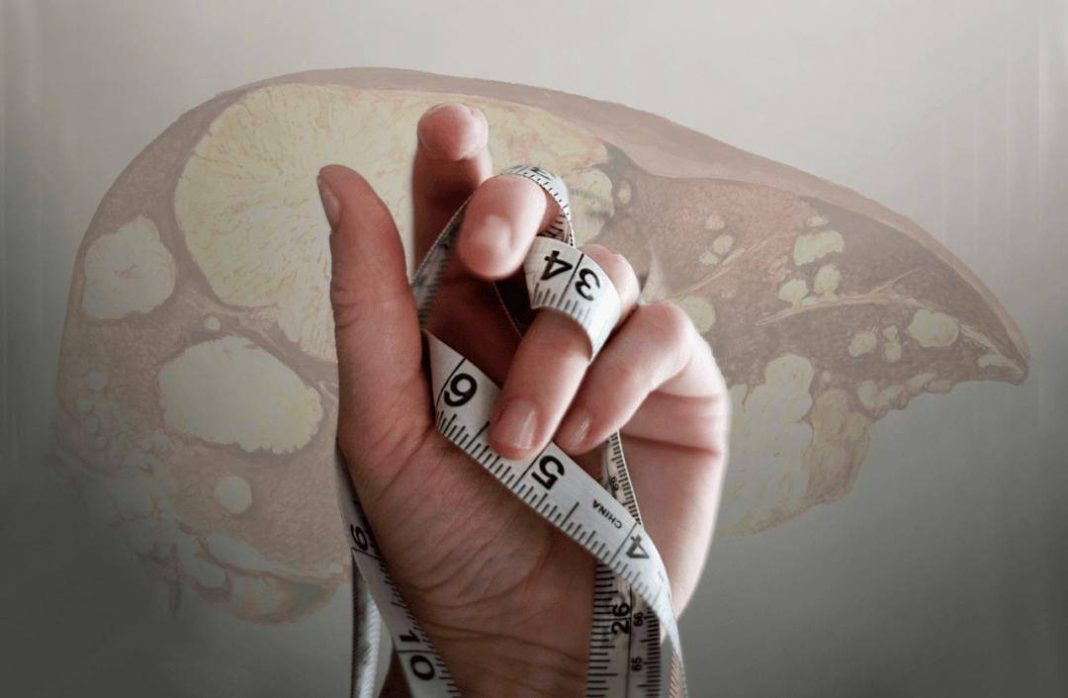Source: National Policy Direct Line
Recently, a 29-year-old woman in Ningbo discovered mild fatty liver during a health check-up and adopted a strict vegetarian diet to lose weight, usually eating only boiled vegetables and steamed grains. After six months, she successfully lost 10 pounds and improved her physique. However, her originally mild fatty liver has surprisingly progressed to moderate to severe fatty liver.
She lost weight, but her liver became “fat”—why is this? What daily habits that we consider healthy or normal could actually lead to fatty liver?
Fatty Liver: The Most Common Chronic Liver Disease in China
In May 2024, the Liver Disease Branch of the Chinese Medical Association released the “Guidelines for the Prevention and Treatment of Metabolic-Associated (Non-Alcoholic) Fatty Liver Disease (2024 Edition).” Relevant data shows that over the past 20 years, the prevalence of non-alcoholic fatty liver disease among adults in China has reached 29.6%, surpassing viral hepatitis to become the most common chronic liver disease in the country.
It’s just a condition of having more fat in the liver, so why is it classified as a chronic liver disease?
Guan Lin, Deputy Director and Associate Professor of the Gastroenterology Department at the First Hospital of China Medical University, stated in an interview with China News Service that fatty liver refers to the excessive accumulation of fat in liver cells caused by various reasons.
As a common disease, the clinical symptoms of fatty liver are often not typical. The total fat content in a normal person’s liver is about 5% of the liver weight, composed of phospholipids, triglycerides, fatty acids, cholesterol, and cholesterol esters. Fat levels exceeding 5% are classified as mild fatty liver, over 10% as moderate fatty liver, and over 25% as severe fatty liver. Fatty liver has become a widespread issue in modern society.
Guan Lin noted that common types of fatty liver can generally be divided into metabolic-associated fatty liver diseases, alcoholic liver disease, secondary fatty liver diseases, idiopathic fatty liver diseases, and special types of fatty liver diseases. A recent report of a 29-year-old who successfully lost weight but experienced aggravated fatty liver fits the characteristics of secondary fatty liver disease (malnutrition).
We generally believe that excess nutrition leads to fat accumulation; why can malnutrition also cause fatty liver?
Guan Lin believes that a long-term vegetarian diet can result in insufficient protein intake, leading to increased fat mobilization, with a large amount of fatty acids entering the liver, synthesizing triglycerides. Insufficient protein leads to inadequate synthesis of apolipoproteins, which cannot timely transport triglycerides out of the liver, thus exacerbating fat accumulation in the liver, leading to the occurrence or worsening of fatty liver.
Besides “losing weight but having a fatty liver,” what other misconceptions do we have in our daily lives that are not conducive to the prevention and treatment of fatty liver?


